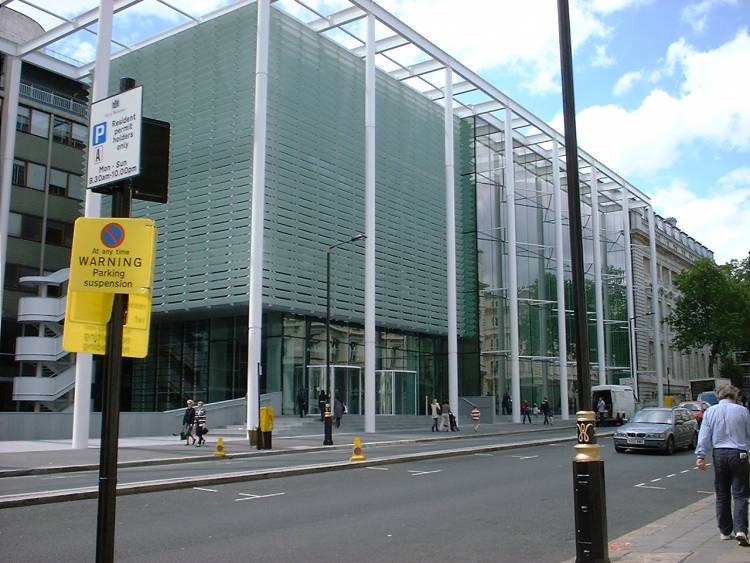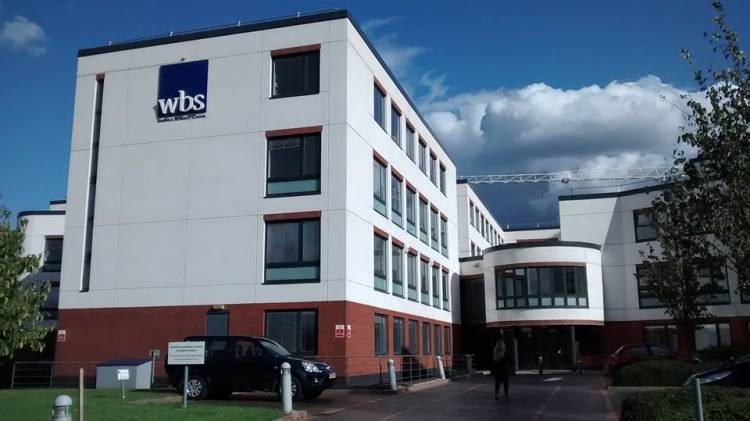Despite Brexit, business schools in the UK remain just as popular—if not even more popular—than ever before. And if you’ve considered Britain for your MBA, you will have heard of Imperial College Business School in London, and Warwick Business School farther out in England.
After all, both schools have strong international reputations and places in key rankings tables. Warwick has the edge in The Economist’s list, placing 18th globally, while Imperial is not ranked. Warwick also trumps Imperial in the Financial Times’ Global MBA Ranking, placing 36th ahead of Imperial in 39th place globally.
But what are the other important differences that candidates should take into account when weighing up their school choices?
Imperial vs Warwick: Location
Imperial has an advantage with its London location because it gives MBA students easier access to recruiters, says Emma Bond of Fortuna Admissions. London is a mecca of business and innovation, home to many of the world’s leading financial services firms, consulting and tech companies. “Warwick presumably leverages its proximity to Birmingham, but doesn’t have the London advantage,” says Bond.
Warwick Business School is located in the eponymous city in England’s West Midlands region. It’s known for the medieval Warwick Castle that was founded by William the Conqueror. Birmingham, a growing and thriving UK business hub, is close by.
Kristen Rossi is an American-born MBA candidate at Warwick who has been living in Vietnam. She says she chose the school partly for its location. “WBS offers a traditional campus experience, complete with on-campus accommodation, beds of daffodils in spring, geese and rabbits!” she says.
“However, the fact that we have the option to attend evening events, guest lectures and take electives at the Shard in Central London makes the program unique; we get the best of both worlds.”
Warwick also organizes various careers events for MBA students in London, which is about one and a half hours away by train from the main campus.
 Imperial vs Warwick: MBA syllabus
Imperial vs Warwick: MBA syllabus
Both are one-year programs, which offer a relatively quick return on tuition fee investment, plus a lower opportunity cost of being out of work.
The two courses also market themselves strongly on innovation and entrepreneurship, which makes sense in Imperial’s case, as it’s housed in one of the leading STEM university’s campuses.
Both programs are practical in nature offering the usual mix of lectures, seminars, group work, case studies and projects.
But Warwick has a separate, assessed leadership module called Leadership Plus, which requires students to spend time with a partner institution. Students can also specialize in entrepreneurship by taking two electives, and a consultancy project.
Imperial’s syllabus is distinctive for offering the Imperial Innovation Challenge, which is a one-week learning lab focusing on providing solutions to social and environmental problems. It offers cross-faculty learning opportunities, with Natural Sciences, Engineering and Medicine professors all chiming in.
Imperial vs Warwick: MBA class profile
Imperial has a smaller class size that fosters collaboration and provides abundant networking opportunities. It’s also highly diverse with the 73 students coming from 30 nationalities today. An impressive 45 percent are female, which is very high, thanks in part to women in business club and mentoring opportunities, says Bond. “When I interview female candidates [at Imperial], a lot of them have been attracted by the visibility of women on campus.”
The class represents a very good industry spread – the standout figure is the 18 percent that come from an engineering background, which is higher than usual and reflects Imperial’s strong reputation in that industry.
Warwick has a larger class size of about 130 students who represent 39 nationalities, and 38 percent overall are female. Students come from a variety of backgrounds including finance, consulting and manufacturing—the three largest pre-MBA industries.
Rossi says the MBA at Warwick offers a sincere and friendly atmosphere. “From the interview to the first day of class, you are welcomed with warmth and respect; there is no pretence,” she says.
“Additionally, the comradery that the cohort shares is akin to family. Often faced with long days and challenging assignments, this is crucial—and in the MBA world, of elitism and competition, it is very unique.”
Imperial vs Warwick: MBA admissions requirements
Admissions requirements are broadly similar, including essays, recommendation letters, interviews and a GMAT/GRE score. Imperial requires a second class degree from a good university and the GMAT score must be at least 600, and candidates also need a minimum of three years’ work experience. Warwick’s requirements are similar, with the average GMAT being 660.
But Warwick offers some students the chance to take the “Warwick Test” instead of the GMAT or GRE.
What makes Imperial’s application process different is that candidates have the opportunity to submit an optional three-minute video pitch about their motivations for pursuing the MBA. The admissions committee gets insight into the candidate’s personality and gauges if they are the right “fit” for imperial.
 Imperial vs Warwick: Post-MBA careers
Imperial vs Warwick: Post-MBA careers
At Imperial, students get internships at the usual suspects, including the Boston Consulting Group, Goldman Sachs, Google, China Merchants Bank, OEE Consulting and different startups.
A quarter of Imperial grads go into telecoms/tech — including Amazon, Google and Microsoft, which reflects the strong STEM background of the wider campus and also the incoming student pool. Around 29 percent go into consulting. Some 65 percent stay in the UK after graduation, and 91 percent overall are employed within three months.
Warwick does not publish a careers report, but according to data from The Financial Times, healthy numbers of the school’s MBA grads have gone into finance/banking and consulting.
Rossi says she was impressed with the careers support and coaching on offer, in addition to a two-semester "Leadership Program". “As my main reason for doing an MBA is to transition my career, this was a very important factor in my choosing WBS.”
Images:
- Imperial College Business School: Kevin Judson / CC BY-SA 3.0
- Warwick Business School: Master of panda / CC BY-SA 4.0










